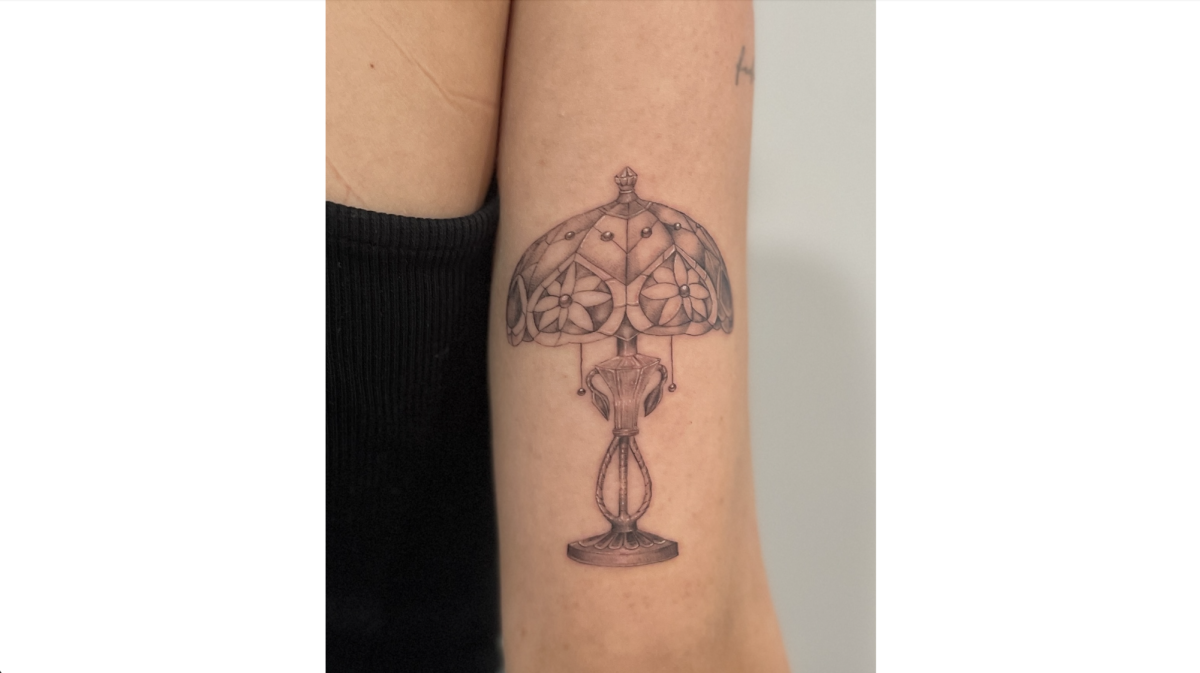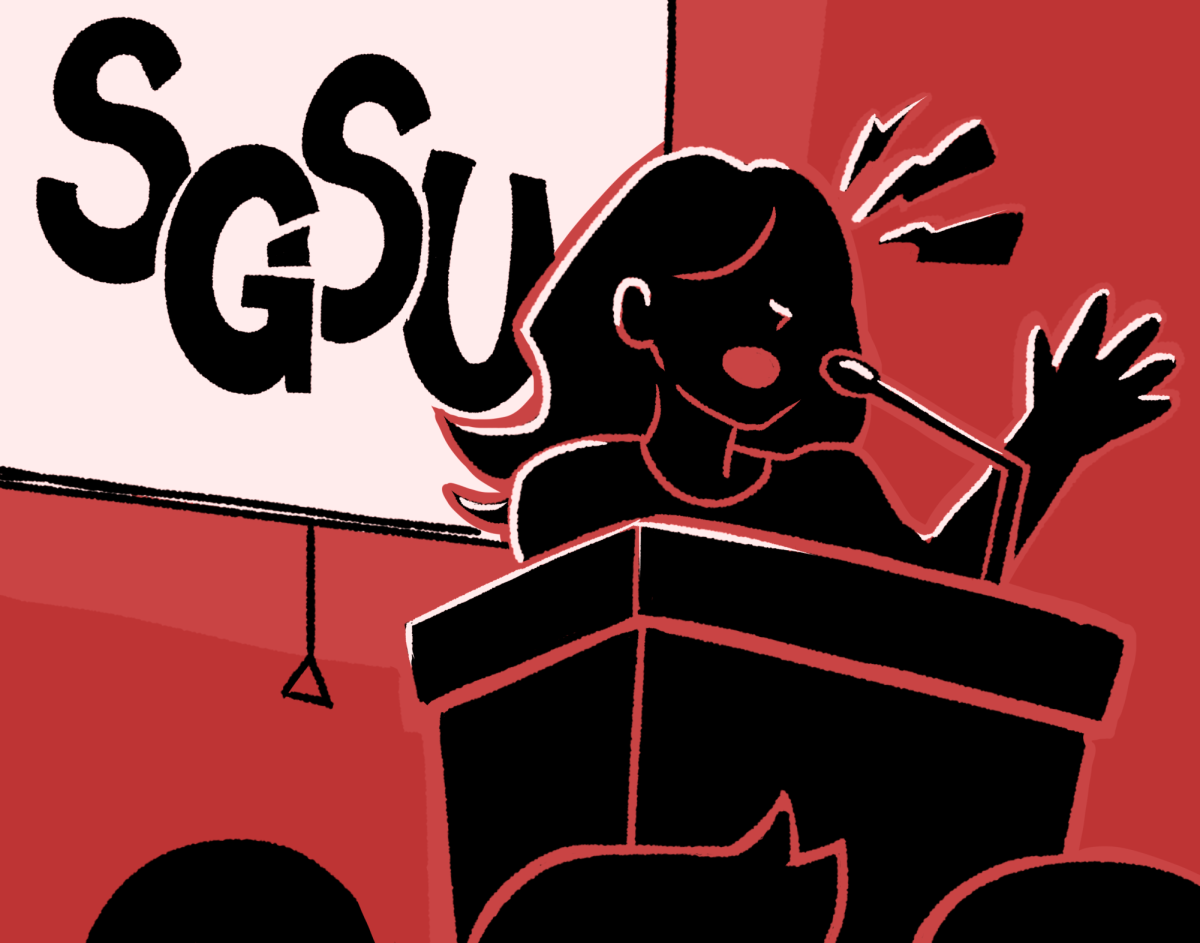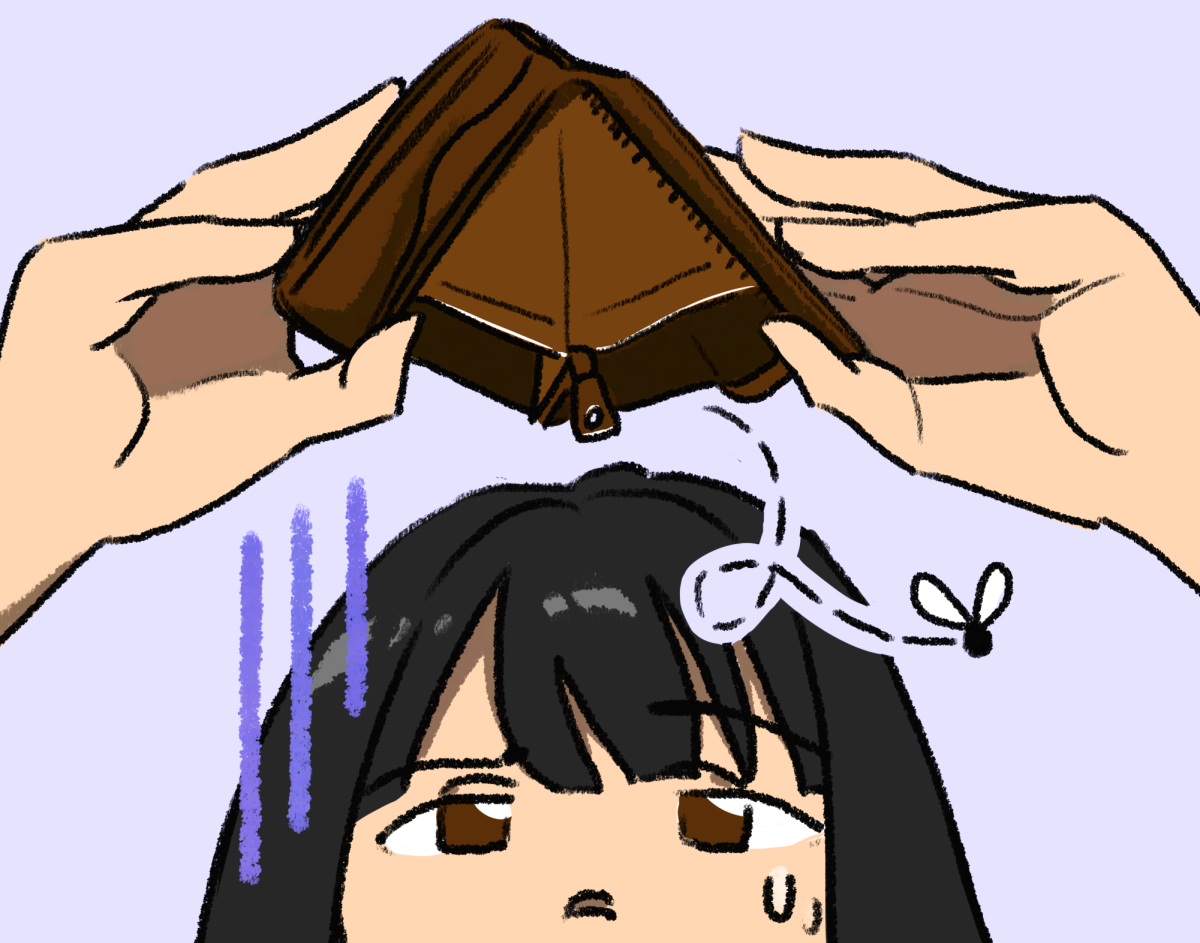Think back to your orientation at Seattle University as a first-year or transfer student. You can probably easily recall the excitement of familiarizing yourself with new people, places, and communities. In the chaos of welcome, you may have forgotten signing a document called the Redhawk Commitment, and it is likely you have violated it at least once.
For some students, refamiliarizing themselves with the commitment only occurs once they have already violated it.
The Redhawk Commitment is attached to the Code of Student Conduct, which contains expectations for students in regards to topics such as honesty, property, and community, as well as details about sanctions and disciplinary processes.
Dean of Students Darrell Goodwin wants the code and its processes to be an educational and restorative tool for students. He spoke with the Director of Orientation several years ago if a session could be added about integrity formation. Now all students entering Seattle U are required to sign the Redhawk Commitment as a sign of Goodwin’s desire for transparency and willingness to talk about policies. When he came to Seattle U, conduct was handled within Housing and Residence Life in what was called the Office of Judicial Affairs.
“I felt like [judicial] was a term…that would cause students to feel like they were in court or there were going to be punishments, or that there was some legalistic process that they didn’t understand,” Goodwin said.
While the current Office of Integrity Formation does have a legalistic and punishment dimension, Goodwin wanted the office to also give students an opportunity to learn. If students have violated the Code of Conduct, he wants students to reflect on their decisions and learn how to reconcile their actions with the expectations of the university.
Sophomore Joe Misenti was in violation with the university Code of Conduct five times and generally agrees that the Code of Conduct fulfills its role.
“I’ve had a lot of unfortunate circumstances that have led me to be written up several different times,” Misenti said. “A couple of times the way they were handled were excellent and a couple of times they frustrated me.”
The most common reasons that students are written up are for drug, alcohol, and noise complaint-related incidents, according to James Willette , assistant director of integrity formation and resident director of the Douglas apartments.
Misenti’s situation with violating the code was typical. The first time he was written up, he was in the presence of alcohol in a room in Campion, though he was not drinking himself. The second time he was written up, he was visibly intoxicated.
When students repeatedly commit minor infractions such as these, they are paired with a Redhawk Mentor to talk about their side of the story. The Redhawk Mentors, a group of 10 students connect with the student in a peer-to-peer program to discuss and explore the social environment at Seattle U.
“They didn’t call it punishment. They called it a learning experience,” Misenti said. “And I loved the way they approached it then because it was very understanding and constructive.”
However, as time went on and he was cited again for two more alcohol-related incidents—in one of which he had not been the one drinking alcohol—Misenti became frustrated. He was required to go to a rehab center to talk with someone about his relationship with alcohol, despite feeling like he does not drink any more than anyone else. He said that he drinks with his mom when they go out, and it is not a big deal in his family.
“I definitely felt criminalized,” Misenti said.
But he thinks that after being cited so many times, it was reasonable for the Conduct Review Board to meet with him.
“I chose to break the rule every time. So I’m at fault. It was just a lot of unfortunate incidents,” Miseti said. “They’re very clear about [the code.]”
Other students, however, such as senior and Reignite the Mission member Josh Sturman, have had less desirable experiences with the Code of Conduct and do not think the code is clear. Sturman has had two restraining orders, been on disciplinary probation twice, and is on deferred suspension.
Goodwin convinced Sturman to move out of his house off-campus after a falling out with his roommate, according to Sturman. While the university’s policies do apply off campus, Sturman does not believe that the Dean of Students should have that control over students when they are not on campus. Because of this incident, Stuman was homeless for one week.
“He convinced me to move out of my house and put me on a restraining order with my roommates,” Sturman said.
Two people also claimed that Sturman had been acting threatening towards them. One of the incidents occurred while Sturman was placing pro-union posters in the Pigott building, and another when Sturman was delivering a letter to the president regarding budget transparency, but was stopped by the president’s secretary.
“For those two incidents, they put me on a one year deferred suspension and a disciplinary probation indefinitely,” he said.
Sturman was sent to the highest level of conduct review, so unlike Misenti, he did not interact with Redhawk Mentors, since Redhawk mentors only deal with minor infractions. Sturman feels that it is unfair he was not given a chance to speak to his character during the hearings.
“It’s a completely arbitrary system, where the rules are written so broadly that anything they want is an offense and any punishment is okay for that offense,” Sturman said.
While senior Olivia Engle has never been cited for Code of Conduct violation, she worries that her actions on campus as a student activist could eventually result in
disciplinary action.
“It’s been a concern for activist students like myself because we worry that if we rustle too many feathers, the Code of Conduct will be used against us,” Engle said. “We have caused disruptions, which is something that is very addressable under the Code of Conduct.”
Engle and Sturman disagree with those who say that the Code of Conduct is clear.
“It’s a relatively vague document…it is worded in a way that particular parts allow for the administration to have basically free reign to discipline and punish students even if it’s not something that bad,” Engle said.
But according to Goodwin, areas in which the code is less specific are actually meant to work toward students’ benefit.
“The Code of Conduct is the spirit of the law, not the letter of the law,” Goodwin said.
Goodwin said that making a broad statement such as ‘harassing behavior’ is better than being very specific about what harassment entails. Having a broad statement such as ‘harassing behavior’ allows students the opportunity to say if they are being harassed over Facebook, in the classroom, in the dorms, or other areas.
“It might give us the opportunity to figure out: is the behavior that you’re engaging in actually harassing?” he said. “Versus… [saying] so sorry, the Code of Conduct doesn’t exactly speak to the fact that you might [be harassed] on that medium.”
One of the ways that Goodwin and other students have tried to improve student experiences at Seattle U, especially in relation with the Code of Conduct, is with the Redhawk Mentors program.
Senior Will Reckase is a Redhawk mentor this year after experiencing the conduct system himself.
“I can understand that there is sometimes a feeling of anxiety when you’re in those [hearings],” Reckase said.
Pairing up with a Redhawk mentor is meant to help students develop relationships on campus, rather than face a more impersonal conduct system.
“The goal is to have a more reformative justice-oriented system…honestly just sitting down developing friendships with people, but also helping them find resources on campus rather than doling out a punishment,” Reckase said.
Senior and Student Coordinator of the Redhawk Mentor Program, Joshua Bell, helped to spearhead this organization. He too had been through the conduct system multiple times as a freshman and sophomore for drinking and wanted to work with Goodwin and Willette to develop more effective punitive measures on campus. He remembers going through the system before and feeling judged.
“Going through it myself, I felt like it was super unfair,” Bell said. “Sometimes I felt targeted by public safety officers based on prior instances.”
Bell recently won the Saint Peter Faber Integrity Award, because of his work in leading the Redhawk Mentor Program.
“All these mentors are volunteering their time, doing it because they want to do it,” Bell said. “It’s very SU-esque—giving back because there’s a sense of purpose.”
According to Willette, students who have been paired up with the Redhawk mentors this year have by and large not had more violations of the student conduct.
Goodwin also spoke to this point, saying that feedback on assessment surveys reveal that 87-96 percent of students felt they had the opportunity to share his or her story and that the process was fair.
But student leaders and Redhawk Mentors still see room in the Code of Conduct for improvement.
Reckase, for instance, sees too many mixed messages on campus about certain policies and understands why students could get confused. He said that on one level, students are told to practice moderation and be safe with drinking. On the other hand, they may be punished for having any small amount. He also sees issues in the Code of Conduct in regards to how students are responsible for their roommates’ actions. He spoke about a circumstance in which former mentee completed the program and asked for Reckase’s advice.
The mentee came home one time and found his underage roommates drinking. Not wanting to violate the Code of Conduct again, the 21-year-old mentee texted Reckase.
Reckase thought that the best situation would be for the former mentee to separate himself from the situation and go to his room. However, he still got written up.
“It sets up this weird standard where…we’re supposed to tell him to leave his apartment where it’s space…but he’s being responsible for all his other roommates,” Reckase said. “I just don’t know how we could ask more from students.”
With the discontinuation of the integrity formation board starting fall quarter, Bell hopes to see an expansion of the Redhawk Mentor Program. He has been on both sides of the conduct system, as someone being disciplined and as a mentor. While he understands the issues that people may see with the Code of Conduct, he has a more nuanced perspective now.
“I have a little more understanding about what [Resident Assistants] and [Public Safety] officers deal with,” Bell said. “I have more empathy for those who have been in those positions.
Willette and Goodwin are both open to feedback about the conduct system and its processes. Goodwin in particular noted that many of the positive change that has happened within the conduct system in recent years have been spurred in part by student suggestions.
“There are a lot of rules that people don’t know until after they’re in trouble,” Misenti said. “Read the Code of Conduct that you sign.”
Melissa may be reach at [email protected]










